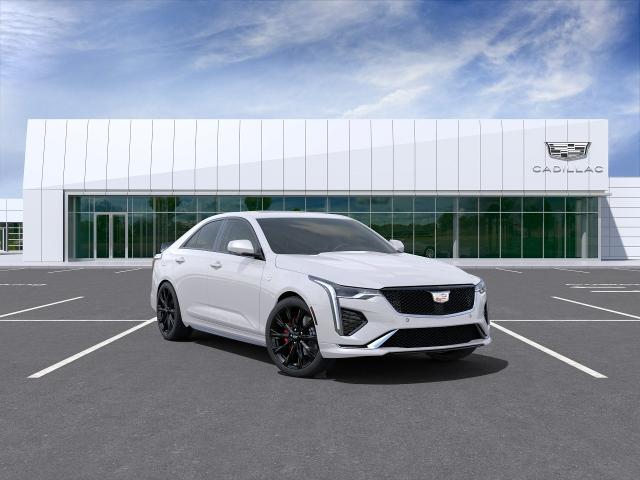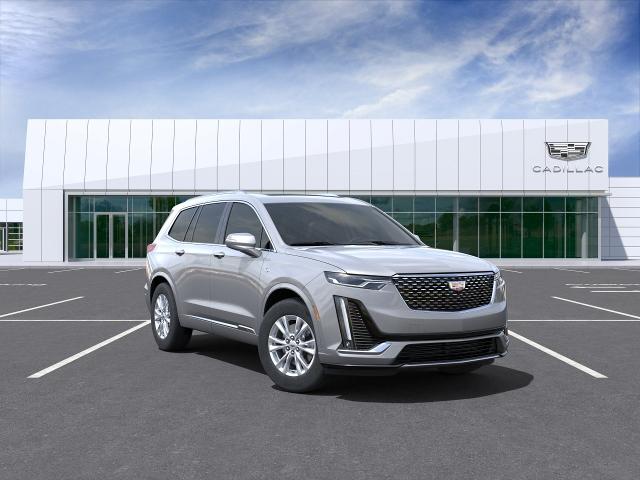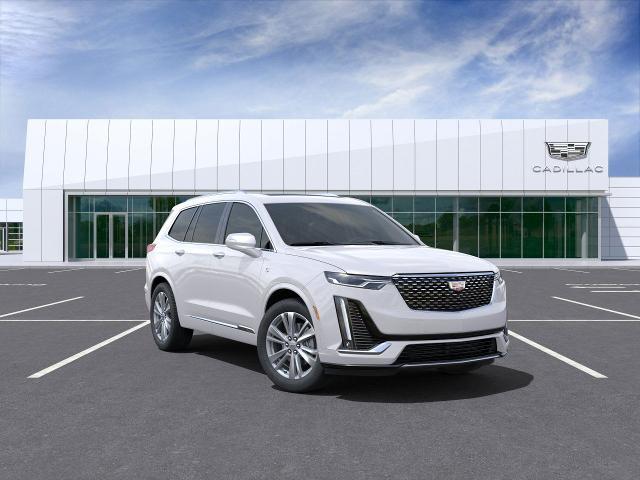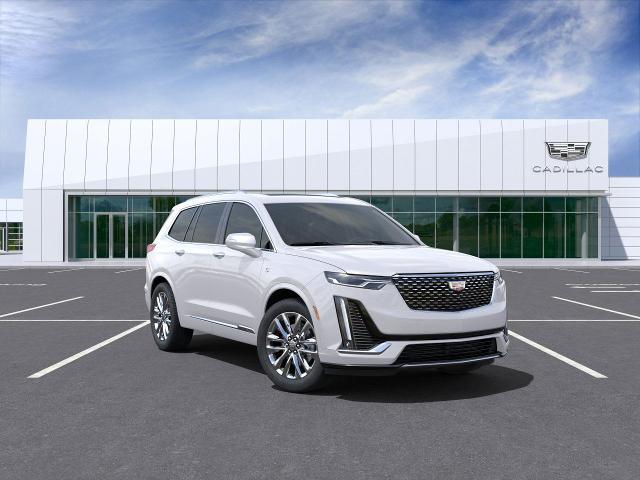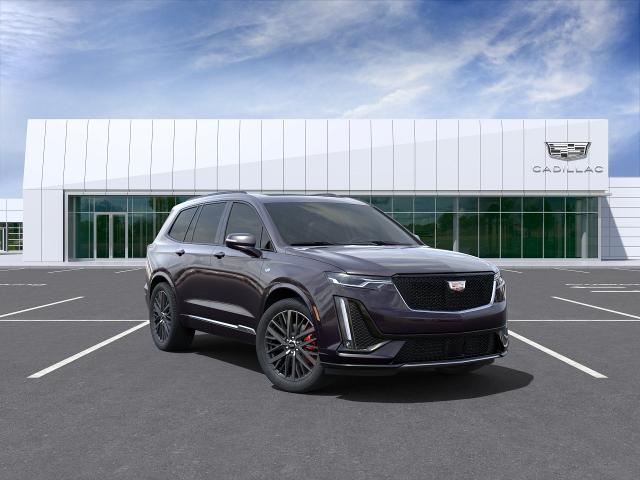When Is It Time to Change Your Brakes
Your brakes are by far one of the more important components of your vehicle. To remain safe on the road, and for the safety of other motorists and pedestrians, it is imperative that your brakes are in proper working order.
Your brakes will start to deteriorate gradually each time you use them. Therefore, the more you drive, the quicker they’ll need to be replaced. The same is true for the amount of pressure and length of time the brakes are used. So, if you live in the mountains, they’ll need to be replaced more often than if you lived in the city.
Your brakes will start to deteriorate gradually each time you use them. Therefore, the more you drive, the quicker they’ll need to be replaced. The same is true for the amount of pressure and length of time the brakes are used. So, if you live in the mountains, they’ll need to be replaced more often than if you lived in the city.
Now, on average, your brake pads need to be replaced every 50,000 miles, whereas your rotors can go a little bit longer and should be replaced about every 70,000 miles. The exact mileage will vary from one vehicle to the next, due to the type of vehicle and regular driving conditions.
The good news is you don’t have to know exactly what mileage you should replace your brakes and rotors. This is because your brake pads are designed to give you a heads-up when they need to be replaced.
How to Know When It’s Time to Change Your Brakes
So, what should you be looking or listening for to know when it is time to change your brakes? There are numerous warning signs of your brakes needing changing, allowing you ample time to change them before they deteriorate completely.
Thin Brake Pads
One way to check your brake pads to see if they need replacement is with a visual inspection. Simply look inside of the wheel and locate the pad. If it is less than ¼ inch thick, new brake pads should be placed on your to-do list. A visual inspection on a regular basis can often catch the thinning of brake pads before they wear down too much and start causing noises or vibrations.
Squealing or Squeaking Coming Directly from the Brakes
As your brakes wear out and get near the end of their life, one of the first warning signs you will notice is a squealing or squeaking noise coming directly from the brakes. This noise is a result of the brake pads wearing down excessively.
As soon as the pads have worn down enough, a grinding noise may start to occur. At this point, damage is occurring to the rotors, and the brake pads need to be replaced immediately. If it goes too long, your brakes may lock up. In the end, the cost of repair will be far greater than if you had replaced them when you first heard the squealing
noise.
Grinding Sound While Braking
As mentioned above, a grinding noise that occurs when you apply direct pressure to the brake pedal means that your brake pads must be replaced as soon as possible. The noise is a result of metal-on-metal contact.
Most brake pads have a metal wear indicator that will make a very loud noise to alert you of the need for replacement. As previously mentioned, grinding brakes over an extended period of time can lead to significant damage to the braking system.
Vibration When Braking
When you apply your brakes, do you feel a vibration in the brake pedal or the steering wheel? If so, this is a sign that your rotors are warped. This can lead to uneven wear of the brake pads. The vibration of the pedal can make it more difficult to brake properly and is likely to increase your overall stopping time. To avoid damage to your vehicle or the risk of being in a potential accident, have your brakes checked out immediately.
Brake Pad Indicator Light
Some vehicles are equipped with an indicator light on the dashboard that will illuminate when the brake pads need to be replaced. Not sure if your vehicle has this? Check the owner’s manual. If the warning light illuminates on the dashboard, a professional needs to replace the warning sensors in addition to the pads.
Got Brake Issues?
If you have noticed any of the aforementioned warning signs with your vehicle’s brakes, it is time to get them checked out and potentially replaced. Contact the professionals at Gerry Lane Cadillac to schedule a brake repair service appointment.
The good news is you don’t have to know exactly what mileage you should replace your brakes and rotors. This is because your brake pads are designed to give you a heads-up when they need to be replaced.
How to Know When It’s Time to Change Your Brakes
So, what should you be looking or listening for to know when it is time to change your brakes? There are numerous warning signs of your brakes needing changing, allowing you ample time to change them before they deteriorate completely.
Thin Brake Pads
One way to check your brake pads to see if they need replacement is with a visual inspection. Simply look inside of the wheel and locate the pad. If it is less than ¼ inch thick, new brake pads should be placed on your to-do list. A visual inspection on a regular basis can often catch the thinning of brake pads before they wear down too much and start causing noises or vibrations.
Squealing or Squeaking Coming Directly from the Brakes
As your brakes wear out and get near the end of their life, one of the first warning signs you will notice is a squealing or squeaking noise coming directly from the brakes. This noise is a result of the brake pads wearing down excessively.
As soon as the pads have worn down enough, a grinding noise may start to occur. At this point, damage is occurring to the rotors, and the brake pads need to be replaced immediately. If it goes too long, your brakes may lock up. In the end, the cost of repair will be far greater than if you had replaced them when you first heard the squealing
noise.
Grinding Sound While Braking
As mentioned above, a grinding noise that occurs when you apply direct pressure to the brake pedal means that your brake pads must be replaced as soon as possible. The noise is a result of metal-on-metal contact.
Most brake pads have a metal wear indicator that will make a very loud noise to alert you of the need for replacement. As previously mentioned, grinding brakes over an extended period of time can lead to significant damage to the braking system.
Vibration When Braking
When you apply your brakes, do you feel a vibration in the brake pedal or the steering wheel? If so, this is a sign that your rotors are warped. This can lead to uneven wear of the brake pads. The vibration of the pedal can make it more difficult to brake properly and is likely to increase your overall stopping time. To avoid damage to your vehicle or the risk of being in a potential accident, have your brakes checked out immediately.
Brake Pad Indicator Light
Some vehicles are equipped with an indicator light on the dashboard that will illuminate when the brake pads need to be replaced. Not sure if your vehicle has this? Check the owner’s manual. If the warning light illuminates on the dashboard, a professional needs to replace the warning sensors in addition to the pads.
Got Brake Issues?
If you have noticed any of the aforementioned warning signs with your vehicle’s brakes, it is time to get them checked out and potentially replaced. Contact the professionals at Gerry Lane Cadillac to schedule a brake repair service appointment.
Shop Our Inventory
At Gerry Lane Cadillac, our entire team works together to provide you with the ultimate Cadillac shopping experience.
We are here to exceed your expectations, deliver the best service possible, and make car shopping fun again.





